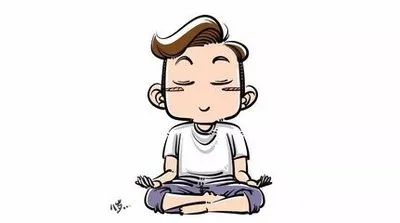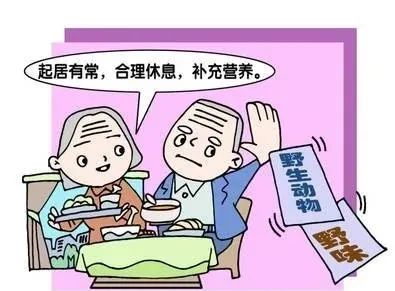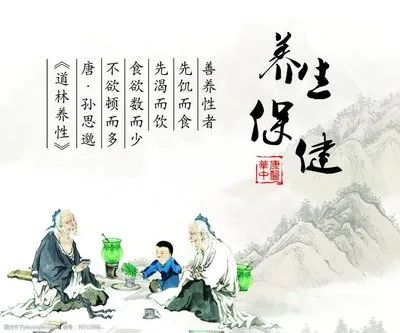
Traditional Chinese Medicine (TCM) is a treasured heritage of the Chinese nation, developed over thousands of years of practice and transmission, possessing a unique theoretical system and rich clinical experience. In today’s world, which increasingly values health, TCM offers us a comprehensive and natural approach to health maintenance.

1

1. Basic Principles of TCM

1. Holistic View
The human body is an organic whole, with various organs, meridians, and the flow of Qi (气) and blood interrelated and mutually influential. Humans are also interconnected with nature, and the health of the body is affected by environmental and climatic factors.

2. Syndrome Differentiation and Treatment
Based on the patient’s symptoms, signs, tongue appearance, and pulse condition, a comprehensive analysis is conducted to determine the syndrome type of the disease. Different treatment methods are employed according to the specific symptoms to achieve the goal of adjusting the balance of Yin and Yang (阴阳) and restoring health.
2

2. Health Maintenance Methods in TCM

1. Balanced Diet
1
A diet should be light and balanced, rich in vegetables, fruits, and whole grains that are high in vitamins and dietary fiber. Avoid excessive alcohol consumption, smoking, and the intake of spicy, greasy, and cold foods.


2. Moderate Exercise
2
Choose an exercise method that suits you, such as walking, Tai Chi (太极拳), or yoga, and avoid overexertion. Consistent exercise is necessary to enhance physical fitness and improve immunity.


3. Emotional Regulation
3
Maintain a cheerful mood and avoid excessive anxiety, tension, anger, and other negative emotions.
Activities such as listening to music, reading, and traveling can help relax the mind and relieve stress.


4. Regular Lifestyle
4
Maintain a regular sleep schedule and avoid staying up late. Pay attention to warmth and avoid getting cold.


5. TCM Health Care
5
Methods of TCM health care such as moxibustion (艾灸), massage, and cupping (拔罐) can help to unblock meridians, harmonize Qi and blood, and relieve fatigue. TCM herbal therapy can be personalized based on individual constitution and conditions to achieve the goals of disease prevention and treatment.

3

3. Common Diseases and TCM Prevention and Treatment
1
1. Common Cold
TCM believes that the common cold is often caused by external wind pathogens. The treatment methods mainly focus on dispersing wind and relieving the exterior, as well as clearing heat and detoxifying.
Herbal formulas such as Yin Qiao San (银翘散) and Sang Ju Yin (桑菊饮) can be used for treatment, along with external TCM therapies like moxibustion and cupping.
2
2. Cough
Cough is a common respiratory disease. TCM believes that cough is often caused by external wind-cold, wind-heat, or internal injury. The treatment methods mainly focus on dispersing lung Qi and stopping cough, as well as resolving phlegm and relieving wheezing.
Herbal formulas such as Zhi Sou San (止嗽散) and Ma Xing Shi Gan Tang (麻杏石甘汤) can be used for treatment, along with external TCM therapies like massage and acupuncture.
3
3. Stomach Pain
Stomach pain is a common digestive system disease. TCM believes that stomach pain is often caused by irregular diet, emotional distress, or external cold pathogens. The treatment methods mainly focus on regulating Qi and relieving pain, as well as harmonizing the stomach and strengthening the spleen.
Herbal formulas such as Chai Hu Shu Gan San (柴胡疏肝散) and Xiang Sha Liu Jun Zi Tang (香砂六君子汤) can be used for treatment, along with external TCM therapies like moxibustion and massage.
4
4. Insomnia
Insomnia is a common sleep disorder. TCM believes that insomnia is often caused by emotional distress, irregular diet, or excessive fatigue. The treatment methods mainly focus on nourishing the heart and calming the spirit, as well as nourishing Yin and reducing fire.
Herbal formulas such as Suan Zao Ren Tang (酸枣仁汤) and Tian Wang Bu Xin Dan (天王补心丹) can be used for treatment, along with external TCM therapies like acupuncture and massage.
4

4. Future Development of TCM
As people’s attention to health continues to increase, the development prospects of TCM are very broad. In the future, TCM will place greater emphasis on interdisciplinary collaboration and integration, working closely with modern medicine, biology, physics, and other disciplines to make greater contributions to human health.

In summary, TCM is a profound discipline that contains rich methods for health maintenance and experience in treating diseases. We should fully recognize and utilize the advantages of TCM to safeguard the health of ourselves and our families.
Contributed by: Medical Department, Lou Fangmei
Reviewed by: Ran Maoya
Second Review: Liu Yiwei
Third Review: Tang Fei

